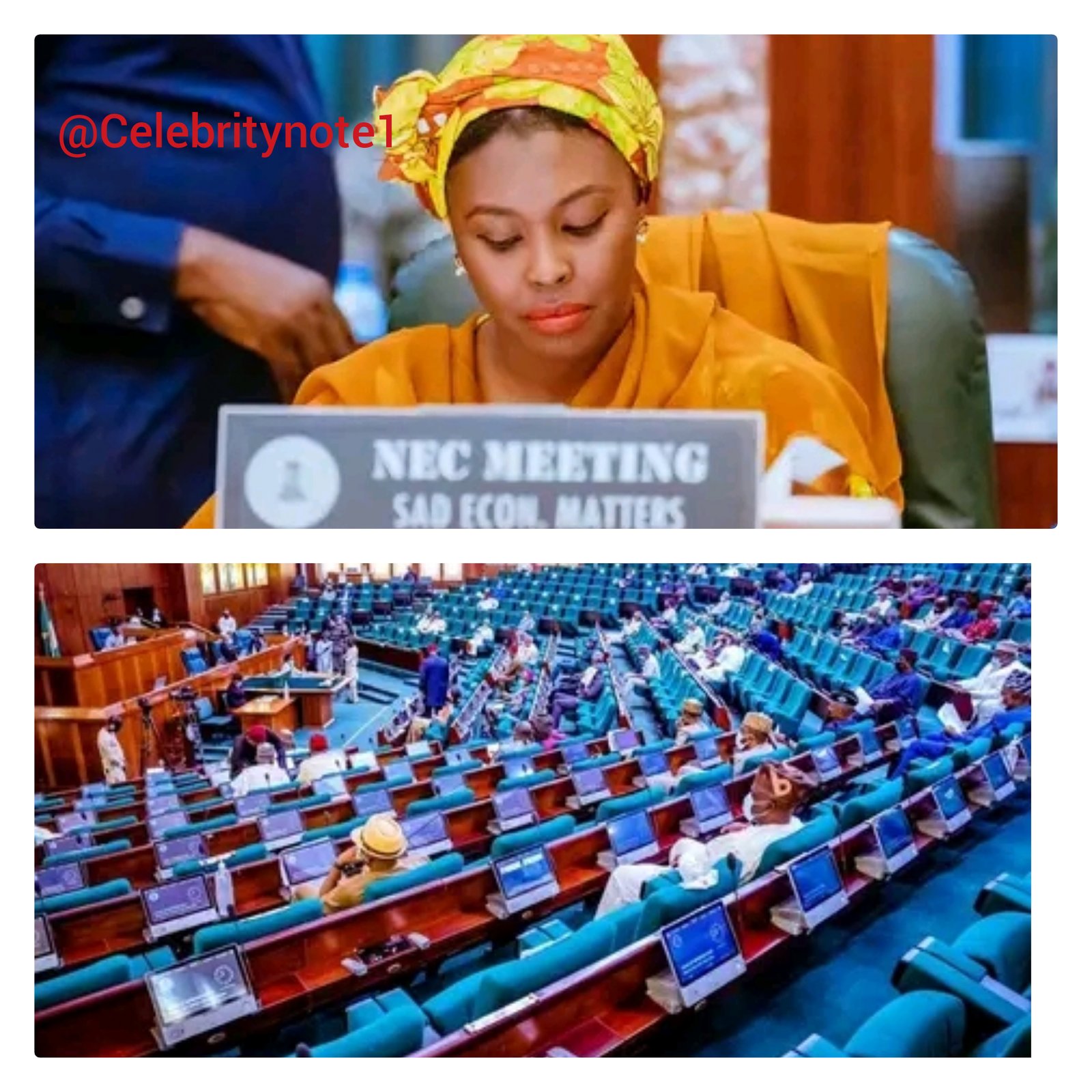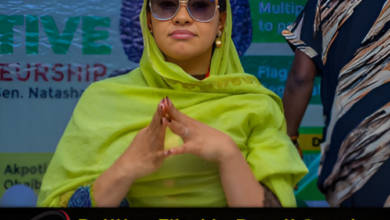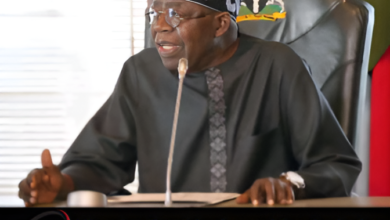S.T.E.R sets initiative to enable more women join politics.

S.T.E.R sets initiative to enable more women join politics.
Advertisements
The move to increase women’s participation in politics received a further push at a town hall meeting organized by the Stand to End R@pe (STER) Initiative in Kwara State.
At the meeting, stakeholders spoke on amplifying women’s representation in politics with a special focus on the Bill for Special Legislative Seats for Women in Parliament.
The embassy of the Federal Republic of Germany and the Kwara state government collaborated with STER to host the meeting.
The bill, which seeks the creation of 74 extra seats for women in the National Assembly (NASS), has passed the second reading at the House of Representatives.
The bill proposes the creation of one additional legislative seat to be contested by women only for each state and the Federal Capital Territory (FCT) in the Senate and House of Representatives.
In other news:
Dan Bello Builds Free Boreholes in Kano State, Nigeria
“No Future in Nigeria, Nothing Will Make Us Return” – UK-Based Couple
Sanwo-Olu, suspends his Senior Special Assistant on Print Media over a tweet
It will also seek to amend Sections 48 and 49 of the Constitution and propose three special seats for women, each at the 36 State Houses of Assembly.
Edith Isiek of STER said the purpose of the town hall meeting was to gather support and raise people’s awareness for the bill’s easy passage.
According to her, individuals and organizations should prioritize the bill, engaging and discussing it.
Ms. Isiek said the discussion was brought to Kwara because the state has a good record in gender inclusion but that more could still be achieved in the state if the bill would scale through.
Kwara commissioner for social development, Bosede Buraimoh, urged everyone to lend their voice to the bill because it would propel more women to do more in terms of politics.
”Sadly, Nigeria has a low percentage of women in politics over time, which persists till now, and there are several factors responsible for it,” -she said.
The executive officer of Global Hope for Women and Children (GLOHWOC), Christy Abayomi, called for continuous sensitization on gender stereotyping and gender bias in the community.
Ms. Abayomi said violence against women in politics should also be discouraged.
She added that women already in politics should be mentored and their capacity built to perform better and improve their self-esteem to come up with working policies.
Regarding the passage of the bill to law, she said it was important to engage right from the grassroots—from the constituencies and communities of the lawmakers.
The chairman of civil society organizations, Abdurrahman Ayuba, advocated the need to consciously and deliberately bring women back on board.
According to him, this is necessary because society has left women behind, insisting they should not be at the fore but at the rear.
”We have to go back to the grassroots in terms of reorientation on why more women need to be brought on board.
”Society should start seeing them as human beings and not as a particular gender,” -he said.
Zubair Dan-Maigoro, senior special adviser to Governor AbdulRahman AbdulrRasaq on religion (Islamic matters), said Islam did not forbid women’s participation in politics once permitted by their husbands.
Bashir Yusuf, chairman of the Joint National Association of People with Disabilities (JONAPWD), represented by a member, Kehinde Abdulsalam, said women with disabilities faced gender and disability discrimination.
“They should be given the same opportunity to prove their potential because what they need is empathy and not sympathy,” he said.









